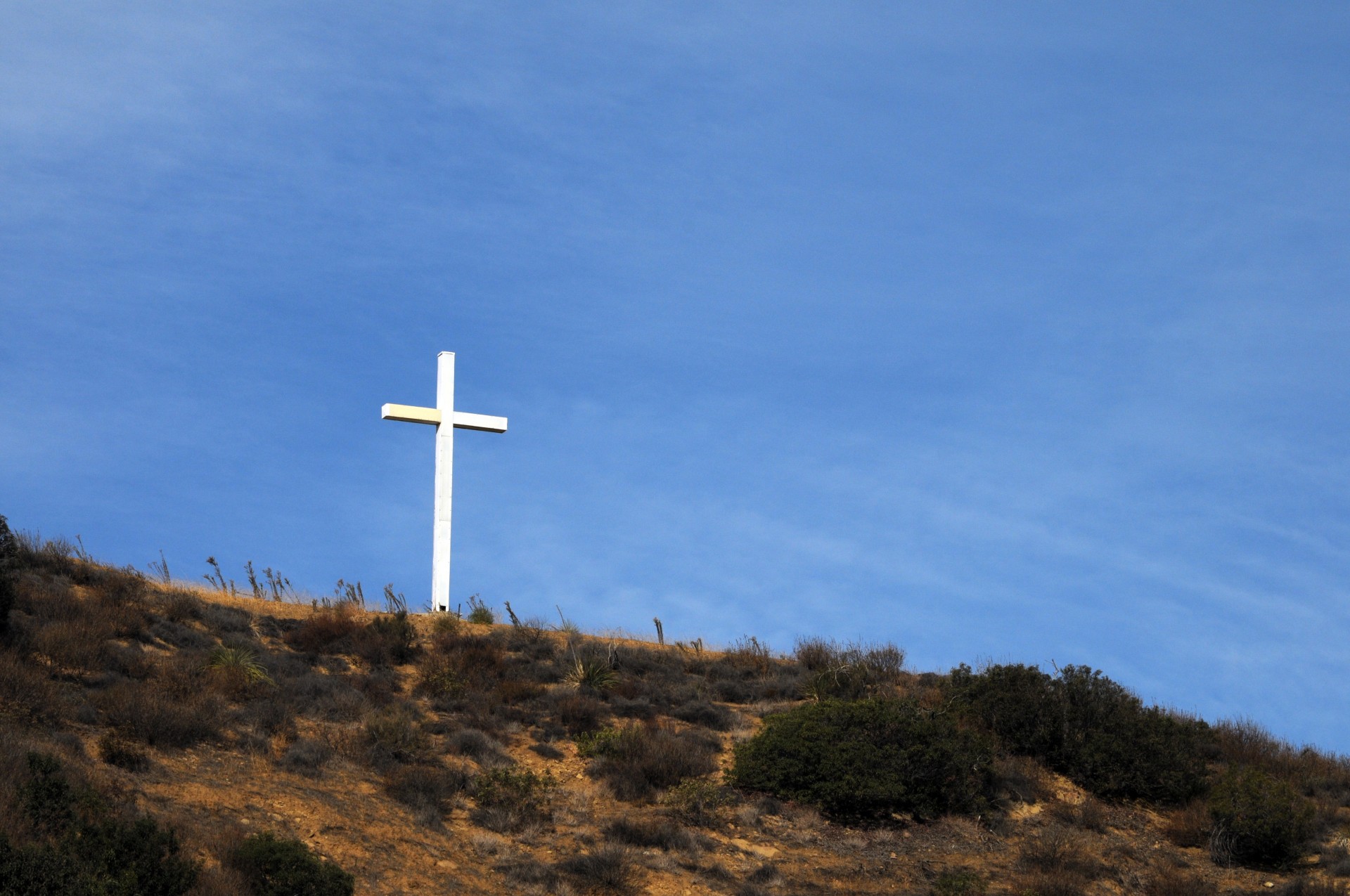
This the twelveth in a series reviewing John C. Wright’s A Universal Apologia for the Catholic Church. See the index.
Is Unity Impossible?
In part 11, we discussed how Wright was offended by Christianity’s lack of ecclesiastical unity. He viewed this lack of unity as a stain on Christianity as a whole. Today we will continue evaluating his claims and try to answer whether achieving unity is even possible (let alone desirable).
More than one Protestant friend of mine urged me that God desired and condoned this separation of the denominations, on the grounds that each denomination has specific characteristics needed to allure back to the faith the many lost souls whose various needs and longings differ sharply from each other. The argument is illogical in the abstract [..] The argument is also, as a matter of practical fact, untrue: the Amish are not more austere than the Franciscans, nor the Calvinists more intellectual than the Jesuits, nor is a Baptist revival meeting more expressive than the feast days of Mardi-Gras, nor the Puritans more penitential than the fast of Lent.
Wright claims that there is no advantage to religious practice outside of Roman Catholicism’s “[unified] single institution under a single head” and that it is in fact untrue—a lie—to claim otherwise. Previously, we looked at Matthew 7:13-23 and noted the following:
“[W]e will know who is in Christ by the fruit they produce. Jesus is very clear what he means here. Prophesying and doing great works, including exorcising demons, is not a sign of good fruit. Rather, [good fruit] is doing the will of the Father.”
The implication of Wright’s claim in light of Jesus’ words is that the only legitimate way to do the will of the Father is under the authority of a single denomination and a single human leader. By Christ’s own words, we know that anyone doing great works outside the will of the Father would be cut off, cast out, and destroyed. If Roman Catholicism were the will of the Father, as instituted by Jesus, then the works of other denominations, such as the Amish, would not merely be of no advantage, but actually untrue. They would not be brothers and sisters in Christ, but would in fact be cut off and destroyed. There could be no unity with them.
I want to make this abundantly clear, if Wright’s fundamental assumption…
“I took it as fundamental that the Church was meant to be unified, a single institution under a single head, if for no other reason that the disunity of the denominations made a mockery of their claims of exclusive and universal truth.”
…is true, then it unambiguously represents the will of the Father. Thus, the Words of Jesus directly imply that there can be no unification of Roman Catholics with non-Roman Catholics, for then the latter do not and cannot bear good fruit, residing as they are perpetually and willfully outside the will of the Father. Repentance would involve terminating their denominations and putting themselves under the authority of the Roman Catholic popes.
Wright’s axiomatic belief[1], designed to enforce uniformity, logically requires exclusivity. It requires disunity.[2] His entire Apologia tiptoes around this very issue, but it is clear from the outset that he understands this unavoidable conclusion:
My reluctance in taking up my pen to discuss this hideous divorce between orthodoxy and its various deviations is partly from a natural dislike of voicing disagreement with beloved brothers. [..] I cannot say why I think I have found the right answer without implying that those who say otherwise have not.
For all his very real and sincere humility and his love for non-Catholics,
[3] Wright is no better than those he criticizes: he is pushing the very disunity he decries. He knows that Christianity
is unified….
“The disunity is not based on a different of worldview, for we are all baptized Christians who believe in the Apostle’s Creed.
…but his chosen denomination requires him to set this aside and push for uniformity—and thus disunity—in the process. In the name of unity, he must strive against his own intuition to push for disunity. There is no way for me to soften the blow of his self-defeating argument on unity: he is trapped in a prison of his own making.
It is worth noting that had Wright—in full humility—decided not to write his Apologia, it would not have helped. Whether aloud or in silence, his fundamental axiom would still have required disunity. It is better, in my opinion, that he honestly wrote it so there is no hypocrisy and no ambiguity on where he stands. I believe he understood this, and no one should bear him any ill-will for it.
Footnotes
[1] And also the dogma of Roman Catholicism itself. Were Wright to set aside his fundamental assumption—his axiom—then his conversion would be incompatible with Roman Catholicism and his Apologia would collapse.
[2] Or else conversion, which Wright is not calling for explicitly. The only solution to disunity under ecclesiastical exclusivity is conversion, in this case everyone joining Roman Catholicism. It is tautological that if conversion is possible, then unity was never possible. For example, when a husband and wife marry, they become united as one flesh. The husband cannot become more united to his wife by converting to a woman.
[3] Wright plainly views Protestants (including his own wife) as brothers and sisters in Christ.


Pingback: Few Find It - Derek L. Ramsey